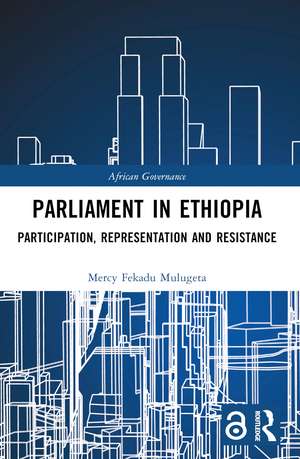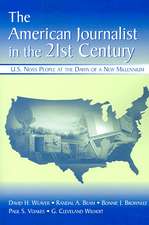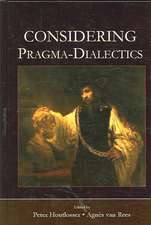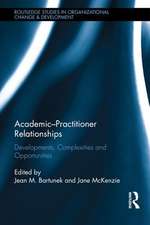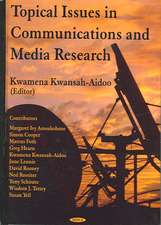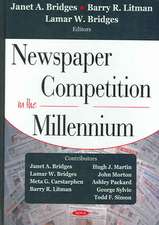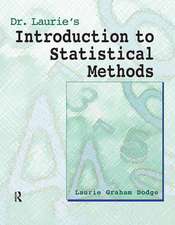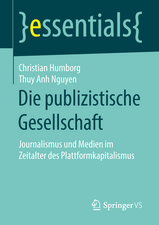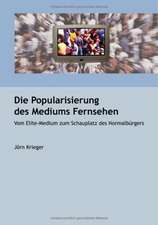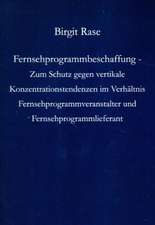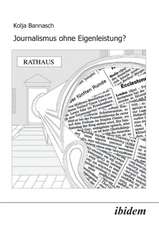Parliament in Ethiopia: Participation, Representation and Resistance: African Governance
Autor Mercy Fekadu Mulugetaen Limba Engleză Paperback – 29 noi 2024
In 1931, Ethiopia’s monarchical government introduced a system of parliamentary democracy with seemingly contradictory objectives; it wanted to legitimize its rule in a changing world, and also needed to provide a respectable retirement vocation (as senators and deputies) to sections of the aristocracy it ousted from power. This paradox of recognizing the parliament as essential to modern governance yet deliberately seeking weak institutions that are unable or unwilling to challenge those in power continues to haunt the parliament to this day. Ethiopia continues to struggle to maintain political stability, and the separation of power between government and parliament and a system of checks and balances are yet to substantially flourish. Drawing on extensive original data gathered from interviews and surveys, this book investigates the legal and practical status of federal representative institutions in Ethiopia from 1931 up to and including 2021. It delves into the rules and routines of parliament, its contextually and historically grounded culture of representation, and the techniques of manoeuvring executive bureaucracies. The book also aims to understand the extent of civil dis/engagement and the perceptions and role of citizens in shaping parliament, and how the mandates and functions of individual MPs are also determined by cultural and socio-economic factors such as gender, population, inequality and conflict.
This book’s in-depth and original analysis will be of interest to researchers across African studies, politics, development, and governance.
The Open Access version of this book, available at http://www.taylorfrancis.com, has been made available under a Creative Commons Attribution-Non Commercial-No Derivatives (CC-BY-NC-ND) 4.0 license.
| Toate formatele și edițiile | Preț | Express |
|---|---|---|
| Paperback (1) | 303.87 lei 43-57 zile | |
| Taylor & Francis – 29 noi 2024 | 303.87 lei 43-57 zile | |
| Hardback (1) | 1005.48 lei 43-57 zile | |
| Taylor & Francis – 15 aug 2023 | 1005.48 lei 43-57 zile |
Din seria African Governance
-
 Preț: 310.55 lei
Preț: 310.55 lei -
 Preț: 389.66 lei
Preț: 389.66 lei - 18%
 Preț: 1005.63 lei
Preț: 1005.63 lei - 18%
 Preț: 1000.27 lei
Preț: 1000.27 lei -
 Preț: 388.90 lei
Preț: 388.90 lei -
 Preț: 389.66 lei
Preț: 389.66 lei -
 Preț: 377.73 lei
Preț: 377.73 lei -
 Preț: 389.66 lei
Preț: 389.66 lei -
 Preț: 382.47 lei
Preț: 382.47 lei -
 Preț: 379.48 lei
Preț: 379.48 lei -
 Preț: 382.16 lei
Preț: 382.16 lei -
 Preț: 389.66 lei
Preț: 389.66 lei - 26%
 Preț: 763.72 lei
Preț: 763.72 lei -
 Preț: 388.90 lei
Preț: 388.90 lei -
 Preț: 389.66 lei
Preț: 389.66 lei -
 Preț: 380.36 lei
Preț: 380.36 lei - 18%
 Preț: 898.00 lei
Preț: 898.00 lei -
 Preț: 389.66 lei
Preț: 389.66 lei -
 Preț: 384.09 lei
Preț: 384.09 lei -
 Preț: 389.66 lei
Preț: 389.66 lei - 18%
 Preț: 1000.51 lei
Preț: 1000.51 lei -
 Preț: 389.66 lei
Preț: 389.66 lei - 26%
 Preț: 764.69 lei
Preț: 764.69 lei -
 Preț: 389.66 lei
Preț: 389.66 lei - 18%
 Preț: 1005.48 lei
Preț: 1005.48 lei - 26%
 Preț: 763.78 lei
Preț: 763.78 lei -
 Preț: 326.49 lei
Preț: 326.49 lei -
 Preț: 389.66 lei
Preț: 389.66 lei - 16%
 Preț: 260.33 lei
Preț: 260.33 lei - 18%
 Preț: 1004.55 lei
Preț: 1004.55 lei - 18%
 Preț: 998.43 lei
Preț: 998.43 lei - 18%
 Preț: 1000.27 lei
Preț: 1000.27 lei
Preț: 303.87 lei
Nou
Puncte Express: 456
Preț estimativ în valută:
58.15€ • 60.34$ • 48.61£
58.15€ • 60.34$ • 48.61£
Carte tipărită la comandă
Livrare economică 17-31 martie
Preluare comenzi: 021 569.72.76
Specificații
ISBN-13: 9781032275253
ISBN-10: 1032275251
Pagini: 240
Ilustrații: 26
Dimensiuni: 156 x 234 mm
Greutate: 0.45 kg
Ediția:1
Editura: Taylor & Francis
Colecția Routledge
Seria African Governance
Locul publicării:Oxford, United Kingdom
ISBN-10: 1032275251
Pagini: 240
Ilustrații: 26
Dimensiuni: 156 x 234 mm
Greutate: 0.45 kg
Ediția:1
Editura: Taylor & Francis
Colecția Routledge
Seria African Governance
Locul publicării:Oxford, United Kingdom
Public țintă
Academic, Postgraduate, and Undergraduate AdvancedCuprins
1. Introduction 2. Representation and Participation by will of the Sovereign: The Imperial Parliament in Ethiopia (1931 to 1974) 3. Parliament, Land Reform and Taxation in Ethiopia: A Break from Tradition through a Socialist Revolution 4. The Council of Representatives and House of peoples’ Representatives in post 1991 Ethiopia 5. How do MPs reach the electorate? 6. An Ethiopian Experiment with E-democracy: Can E-democracy Platforms be the answer? 7. Socio-Economic Factors affecting the public participation and attitude towards the House of People’s Representatives, Ethiopia 8. Oversight and Substantive Representation by the Ethiopian Parliament 9. Conclusion
Notă biografică
Mercy Fekadu Mulugeta is Assistant Professor at the Institute for Peace and Security Studies (IPSS), Addis Ababa University, Ethiopia, and is the Director of the African Research Universities Alliance (ARUA) Center of Excellence in Post-Conflict Societies hosted by IPSS.
Descriere
African legislatures remain understudied, yet democratisation, development and peacebuilding all depend on these key political institutions. This in-depth analysis of Ethiopia’s parliament, a country of strategic importance to the whole region, is relevant to researchers across African studies, politics, development, and governance.
